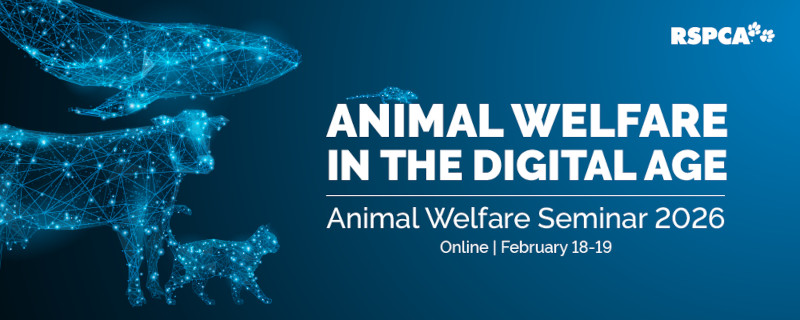The RSPCA believes that dogs should be trained using programs that are designed to facilitate the development and maintenance of acceptable behaviours using natural instincts and positive reinforcement.
The RSPCA supports reward-based training methods whereby the dog is set up to succeed and then rewarded for performing the ‘good’ behaviour (positive reinforcement).
Reward-based training is enjoyable for the dog and positively enhances the relationship between the dog and handler. Rewards may be in the form of a food treat, favourite chew toy, or verbal praise such as “good dog!” in a pleasant tone of voice, to be given when the dog performs the ‘good’ behaviour.
Reward-based training also involves generally ignoring any ‘unwanted’ behaviours. In this way, the dog is not rewarded for any unwanted behaviour. If dogs are not rewarded (i.e. receives no attention or treats) for a certain behaviour, then they tend to stop doing it.
Reward-based training is the most humane and effective way of training dogs and addressing any unwanted behaviours. Reward-based training does not involve aversive techniques, physical punishment or the assertion of dominance over the dog.
Example
A dog jumps up to greet people: her owners have tried pushing her down and kneeing her to knock her off balance when she jumps. This has not worked, in fact she now jumps from further away to avoid the knee.
Reward-based training:
- The dog should be ignored if she jumps and only receive attention (including eye contact) when she has four paws on the ground. Only when she is standing or sitting should she be rewarded with attention and treats.
- As soon as four paws hit the ground – reward her. A reward can be a tasty food treat.
- The dog will most likely jump again with a little less effort – and again reward her as soon as those paws hit the floor.
- Soon the dog will discover that it is NOT the jumping up that is being rewarded, it’s the standing or sitting! And she will start to volunteer the behaviour that you want – four paws on the ground in anticipation of a reward.
Happy training!

